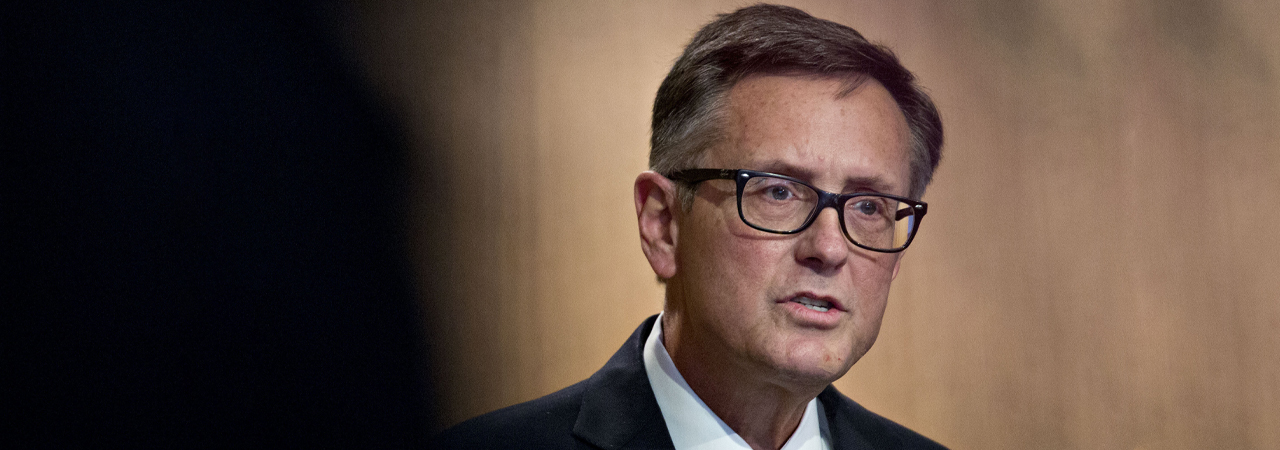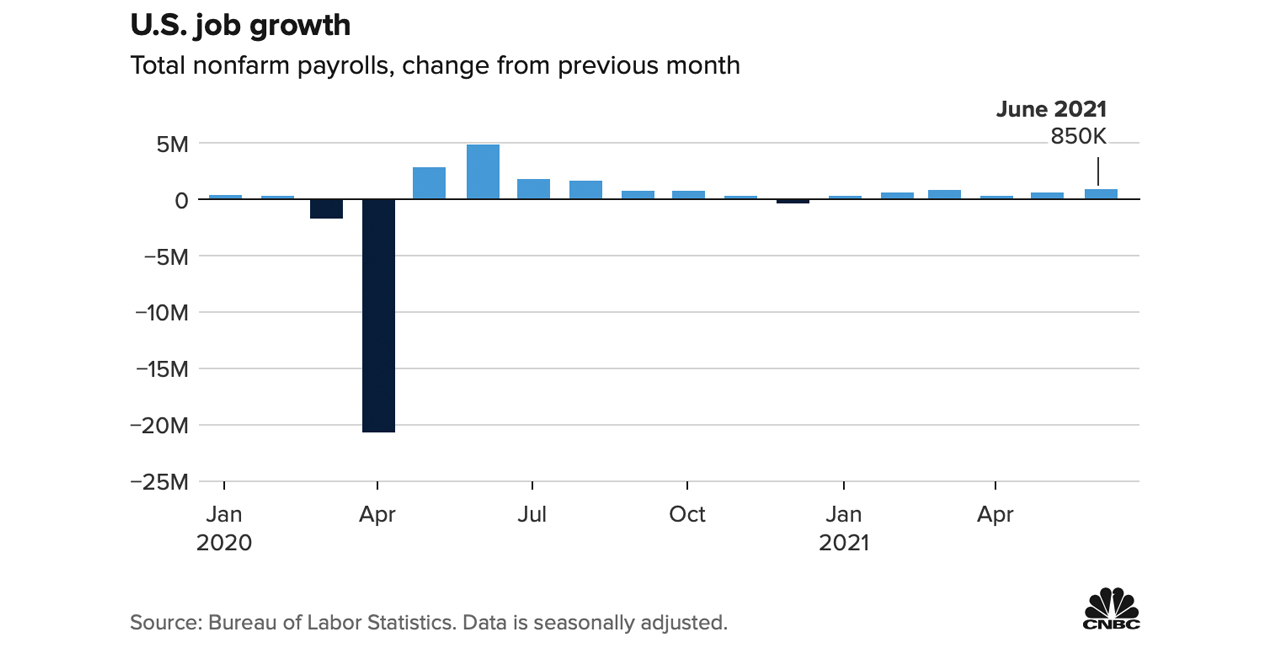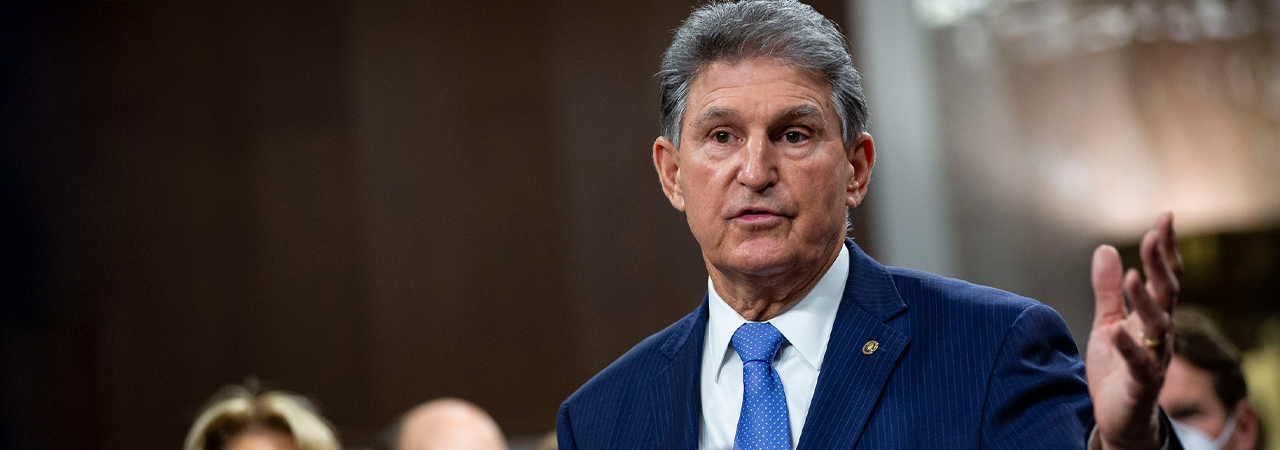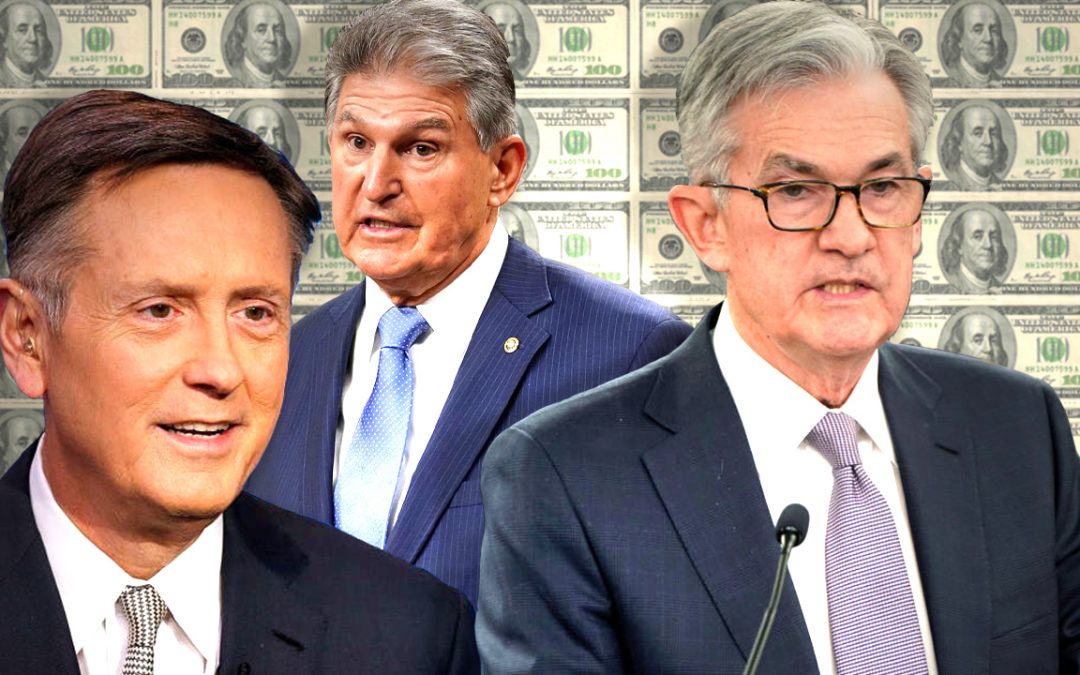The U.S. central bank’s vice chairman Richard Clarida explained on Wednesday that the Federal Reserve could begin tapering large asset purchases this year. Also, that the first interest rate hike since the onset of Covid-19 could happen in 2023. Meanwhile, despite members of the Fed saying inflation will be transitory, corporate bosses from some of the largest institutions are complaining about rising inflation.
Looming Jobs Report, Richard Clarida Say Taper Could Happen This Year
At the end of 2019, the Federal Reserve and numerous central banks all around the world started initiating monetary easing practices. Since then, the Fed’s monetary supply has ballooned after the onset of Covid-19, eclipsing decades’ worth of money creation in less than a year. The U.S. central bank kept the monetary spigot on and has yet to shut it off, while the cost of goods and services in America has risen dramatically.
Furthermore, while the real economic situation is felt by renters, landlords, and businesses that were forced to lockdown, Wall Street is in the midst of one of the largest bull runs ever. This week Nasdaq and S&P 500 are set to smash record highs once again and economists believe the stock market is not situated in reality.
On July 29, Bitcoin.com News reported on the recent Federal Open Market Committee’s (FOMC) meeting and members of the Fed explained the monetary easing would continue and interest rates would remain at near zero. “I think we’re some way away from having had substantial further progress toward the maximum employment goal,” the U.S. central bank chairman Jerome Powell remarked on July 28.

The jobs report from the Bureau of Labor Statistics was published on Friday, and analysts believe the report may make the Fed act sooner. Before the labor report was published, Michael Hewson, an analyst at CMC Markets told Barron’s on Friday that investors have been speculating on the outcome of the labor statistics.
“There has been plenty of speculation about the importance of today’s jobs report in terms of the timing of a possible tapering of asset purchases,” Hewson said. “As well as when to expect a possible rate hike, whether it be early 2023, or late 2022. The reality is, whatever today’s number is, the picture is unlikely to be any clearer after the numbers drop,” he added.
Tapering could happen this year, according to statements from the Fed’s vice chairman Richard Clarida. Vice Chair Clarida explained in a recent interview at the Peterson Institute for International Economics that curbing back large asset purchases stemming from QE (quantitative easing) may happen in 2021. The Fed’s vice chair also noted that it was possible the central bank could lift interest rates by 2023.
Clarida further hinted toward assessing U.S. labor statistics and whether or not they have improved enough to taper monetary easing policy. “I think we’re going to know more about the labor market over the next several months than we do right now,” Clarida stressed. The Fed’s vice chair added:
The recovery and expansion following the pandemic are unlike any we have ever seen, and it will serve us well to remain humble in predicting the future. Commencing policy normalization in 2023 would, under these conditions, be entirely consistent with our new flexible average inflation targeting framework.

On Friday morning, the Bureau of Labor Statistics published the jobs report which noted employers added 943,000 positions in July. 10-year Treasuries and equities markets saw mixed signals and overseas markets were also quite neutral when the U.S. labor statistics were revealed. The Bureau of Labor Statistics indicates a much stronger labor market than the months of May and June.
if (!window.GrowJs) { (function () { var s = document.createElement(‘script’); s.async = true; s.type=”text/javascript”; s.src=”https://bitcoinads.growadvertising.com/adserve/app”; var n = document.getElementsByTagName(“script”)[0]; n.parentNode.insertBefore(s, n); }()); } var GrowJs = GrowJs || {}; GrowJs.ads = GrowJs.ads || []; GrowJs.ads.push({ node: document.currentScript.parentElement, handler: function (node) { var banner = GrowJs.createBanner(node, 31, [300, 250], null, []); GrowJs.showBanner(banner.index); } });
Corporate Bosses Fret Over US Inflation, Senator Joe Manchin Criticizes Fed’s Monetary Easing Policy
Americans and the country’s corporate bosses have been worried about rampant inflation rising too fast for the Fed to control. In another report published by Reuters, it shows there’s a significant disconnect between the Fed’s opinion of inflation and those seeing it in the market.
“The bosses of top multinationals are fretting about rising inflation but the very people responsible for keeping price growth in check – central bankers – seem unfazed,” Reuters reporters Francesco Canepa and Mark John wrote on Friday.

West Virginia senator and democrat Joe Manchin wrote a letter to the Fed and explained the central bank needs to stop its easy money policy as soon as possible.
“With the recession over and our strong economic recovery well underway, I am increasingly alarmed that the Fed continues to inject record amounts of stimulus into our economy,” Manchin wrote. “I am deeply concerned that the continuing stimulus put forth by the Fed, and proposal for additional fiscal stimulus, will lead to our economy overheating and to unavoidable inflation taxes that hard-working Americans cannot afford,” Manchin stressed in his letter.
Gold bug and economist Peter Schiff agreed with the West Virginia senator but said he underestimates the issue with inflation. “Yes, senator Joe Manchin is right,” Schiff tweeted on Friday. “But he’s grossly underestimated the inflation problem, and the Fed’s ability to turn off the monetary spigots. The inflation train has left the station and if the Fed tapers it will be the markets and the economy that derail,” Schiff added.
Despite people fretting about inflation and the Fed’s monetary easing, the U.S. central bank has not shut the money spigot off. Northman Trader’s Sven Henrich said on August 3, “looks like the Fed’s balance sheet is expanding again” and three days later he wrote that the “Fed’s balance sheet has increased by $14B in the past week.”
What do you think about the Fed possibly tapering this year? Are you worried about rising inflation? Let us know what you think about this subject in the comments section below.










